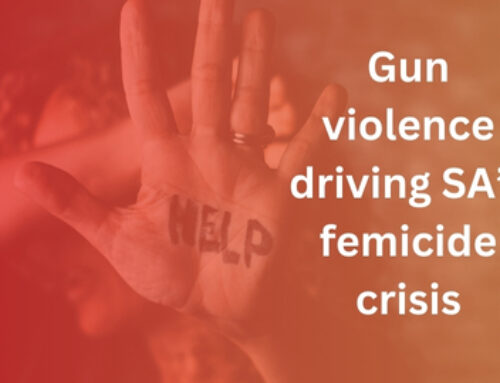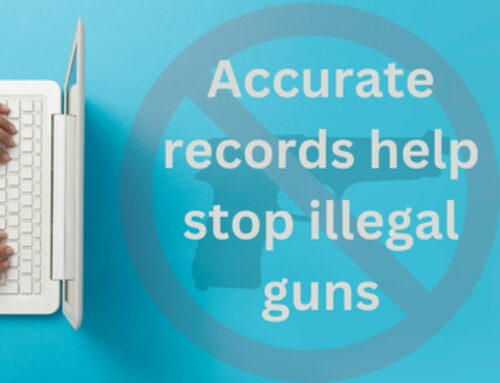Yesterday’s announcement by the Gauteng Department of Health that gunshots have overtaken motor vehicle accidents as the leading cause of non natural death in the province underscores how urgently action is needed to reduce the availability of guns in South Africa.
The chance of being shot is not random. For someone to be shot, there must be a gun. When guns are controlled and less available, fewer shootings happen and lives are saved.
As such we commend recent efforts by government to reduce the availability of guns, such as yesterday’s destruction of 23,000 firearms.
Depending on how they are undertaken, firearms amnesties also have significant potential to recover guns and save lives.
On 23 October the Portfolio Committee on Police (PCOP) approved an application from the Ministry of Police to hold a six month firearms amnesty starting on 1 December.
Briefing 6 of 2019 answers three questions asked at the PCOP meeting of 23 October:
1. Are amnesties an effective strategy to reduce illegally-held guns?
2. Can the police be trusted to oversee the 2019/20 amnesty?
3. Is there enough time to prepare?
Drawing on lessons learned from South Africa’s own experience of holding amnesties as well as other countries’ experience, Briefing 6 identifies four key factors that will contribute to the success of the 2019/20 amnesty.
In sum, it shows that: 1) a no-questions-asked amnesty, 2) that coincides with the full implementation of sections 24 and 28 of the Firearms Control Act (which require gun owners to regularly renew their firearm licences or forfeit guns for which licences have expired), 3) overseen by independent monitors, and 4) underpinned by a comprehensive communication campaign will help put in place conditions to recover and destroy as many guns as possible.





